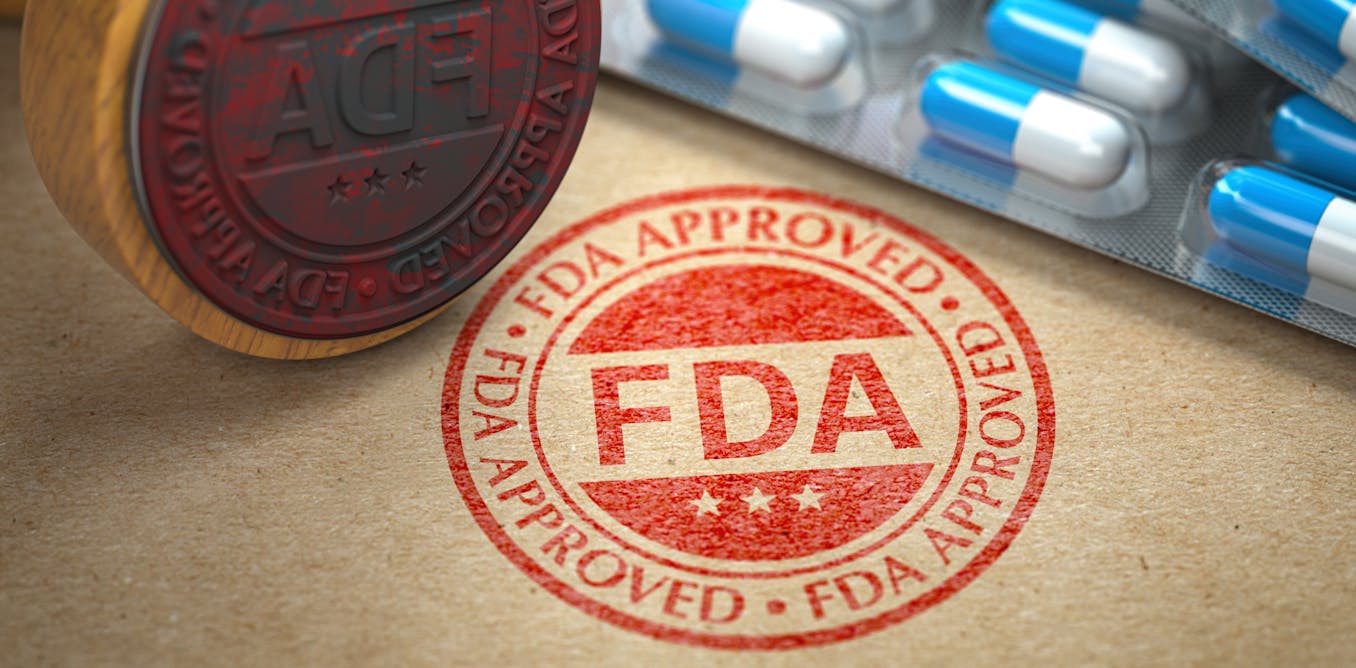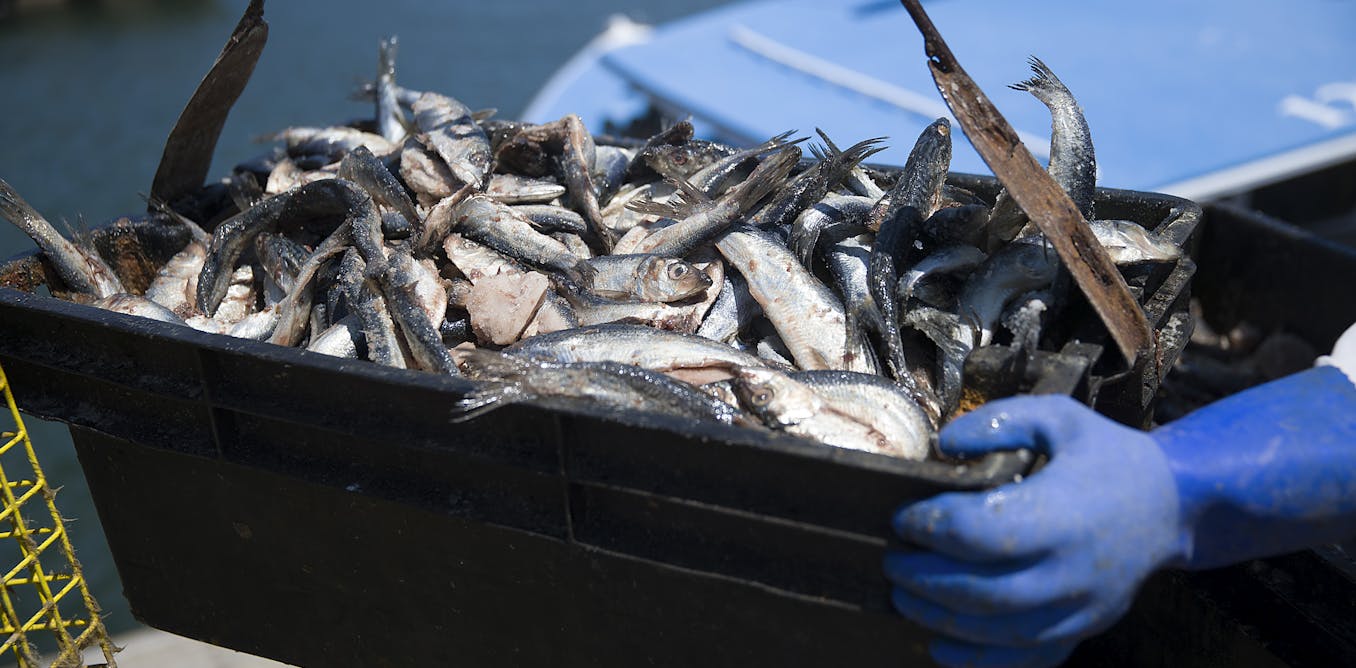EPA has tightened its target for deadly particle pollution − states need more tools to reach it
Reducing particle pollution can save thousands of lives, but states need more data to inform better controls. An atmospheric scientist explains what data and actions are needed.
Feb. 22, 2024 • ~9 min









